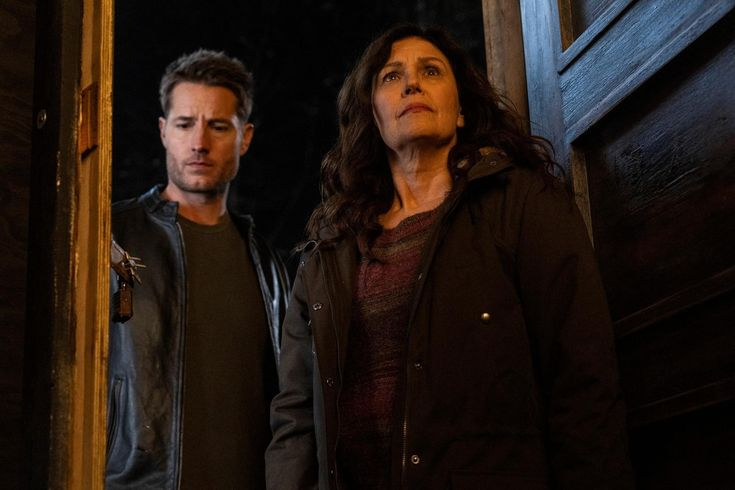
From Formula to Feeling: The Shift in Network Drama
For decades, procedural dramas have followed a predictable pattern—case of the week, clear-cut heroes, and a neatly wrapped resolution. Tracker, however, breaks this mold by infusing each episode with emotional depth and ongoing character arcs. This isn’t just another mystery-of-the-week show. It’s a character-driven narrative where each search reveals more about the people involved, especially Colter Shaw.
Emotional Threads Woven Into Action

Rather than relying solely on suspense or action, Tracker dives into themes of trauma, identity, and redemption. Each case isn’t just a puzzle to solve—it’s a mirror reflecting aspects of Colter’s inner world. Whether it’s a missing child triggering memories of his own fractured family or a con artist evoking questions about trust, every episode adds emotional resonance to the adventure.
A Cast That Anchors the Drama
The show’s emotional success is owed in part to its ensemble cast. Fiona Rene’s Reenie and Eric Graise’s Bobby ground the series in realism and relatability, offering contrast to Colter’s lone-wolf instincts. These relationships offer a network of emotional support—and conflict—that elevate the stakes.
Why It Matters
In the age of streaming, viewers expect more than just plot twists. They want character growth, emotional investment, and thematic richness. Tracker delivers all three, proving that procedural dramas can evolve without losing their core appeal.
